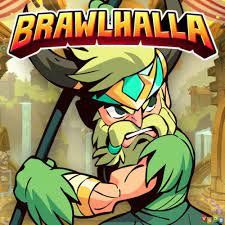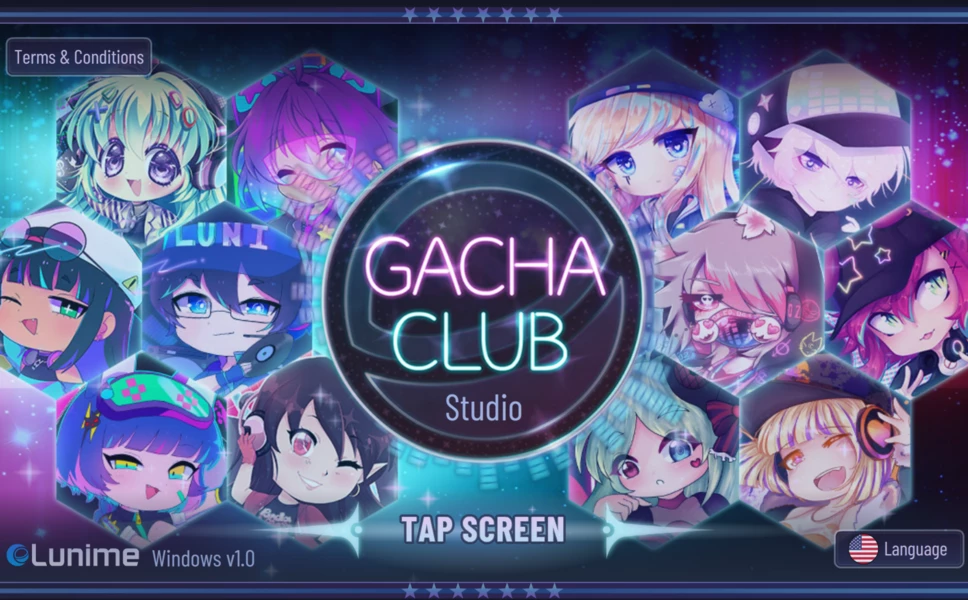.webp)
Clap Clap Games
This is a nice game that can be used with classes of four year olds and also anyone up to adults. The whole class claps three times and on the fourth beat the person whose turn it is must say a word in the category selected that no one has said before, without pausing too much before they say it. For example, if for the category “vegetables” the players say (clap clap clap- first player) “Cabbage” (clap clap clap- second player, e.g. the person to their right) “Tomato” (clap clap clap) “Lettuce” (clap clap clap) “Cabbage”, that last person is out because they repeated a word. They would also be out if they paused too long or said a word that wasn’t in the right category. The game is usually best played in a circle, either standing up or sitting on the floor, but can be played with other setups as long as people know whose turn it is next.
The uses for this game are almost infinite, for example: fruit; vegetables; cold drinks; hot drinks; uncountable nouns; uncountable foods; animals; mammals; high street shops; time clauses with the preposition on, at or in; things in the classroom; furniture; months or days (not in order); colours; phrasal verbs with up; idioms with body parts or colours; collocations with have, get, play, do or go; European countries; nationality words ending with -ish; male family members; things in an airport; jobs where you have to use a computer; past participles with the same vowel sound as bought; days in February (dates); times between twelve o’clock and two o’clock, words beginning with a certain letter; words with a certain number of syllables; superlative adjectives with -est; comparatives with a doubled consonant; and past tenses that end with an /id/ sound.
With so many possible uses for the game and the fact that some classes of students love it, there is obviously a need for lots of variations to keep the game fresh and interesting. Below are 15 possible variations.
1. Really out
Anyone who makes a mistake is out of the game, so that the number of people reduces until there is just one person left (the winner). You can then start again with everyone back in. If one person keeps winning, you can switch to one of the variations below or take that person out of the game and let them take the teacher’s role of nominating categories, judging if people pause too long etc. If there are teams, you can play until only people from one team are left (therefore making each round shorter), and then the team gets one point for each person who is left.
2. Just start again
Rather than making people drop out of the game, you can proclaim everyone else a winner (giving them points if they absolutely insist on it) and then start the game again.
3. Three chances then out
This is a variation of Just Start Again above that is useful if students are likely to be embarrassed by losing all the time or in over-competitive classes. You even have the option of stopping the game before anyone is completely out, therefore taking away the factor of having losers in the game. The difficulty with this variation is keeping track of how many chances each person has used, so you’ll need to write that on the board or give them something to represent it.
4. Things to hold
This is another way of stretching out the time until someone loses. Every time someone pauses too long or says the wrong word they get something that they have to hold, e.g. plastic fruit, a flashcard or a typical classroom object like a pencil sharpener. This can be used as a chance to bring extra vocabulary into the class by allowing them to select which object they want to hold or letting the class chose one for them. The student who is given an object stays in the game, but the first person to drop something loses the whole game. You then take back all the objects or flashcards and start again. This can also be used in the opposite way in order to stop people who often win getting too far ahead, with people who win (e.g. the last person before someone fails or the last person in the game) being given something to hold to represent a point but losing one or all of their points if they drop stuff.
5. Keep the people in the circle
This is a variation of Really Out above in which the people who are out still stay in the circle and the people in the game have to remember who is out and so when their turn is coming up. People who pause too long because they are waiting for someone else to speak who actually isn’t in the game or who speak when it isn’t their turn are also out.
6. Different sounds and slaps
For example, students clap a different number of times, click their fingers or slap different things, e.g. knees. You can let students (e.g. the winner or loser of the last round) make up the things that will be used in place of clapping their hands in the next round. People can then also be out for doing the wrong sequence of things, especially when it is their turn next. This is good for body part vocabulary.
7. Change direction
You can make the game more interesting and challenging by adding things that are often used in drinking games to confuse people such as a gesture, word or letter that means the game changes from clockwise to anticlockwise or back to the original direction. People who fail to spot this and so speak when it isn’t their turn or pause too long because they don’t realise that it has come back to them are therefore out. Possibilities for the signal include scratching your nose when you say your word, saying a word that begins with a vowel or has a double letter, or simply saying “reverse” after your word. You can also add language and involvement to the game by letting students choose which signal will be used in the next round of the game.
8. Jump
This is a variation on Change Direction above, where the signal means that the next person is missed out and the person after should respond after the three claps. It is also possible to combine Change Direction and Jump with classes who pick things up quickly or who have played the game a few times before.
9. Last person chooses the next category
This can be used as a consolation for the person who was out, or a reward for the person who was lucky enough to be coming up next.
10. Brainstorm or flash up possible answers before the next round
This turns the game from one that is purely revision (although of course students can always learn from each other anyway) into one where new language can be introduced.
11. Really start from zero/ not
If you want to continue with the same category of words after someone is out, you can decide if people from then on have to use completely new words or if the slate is wiped clean and so they can reuse words people used in the last round. The advantage of letting them reuse words is that they can learn from each other, but making them use new words pushes them more to remember and use more complicated language.
12. Move to the bottom of the row
If you arrange the students in a semi circle or slightly broken circle, another possible “punishment” for making a mistake in the game is to move to the end of the row, with the other students moving to “higher” chairs to make room for them. When the game is completely stopped, the person sitting in the “top” chair is the winner and the person sitting in the “bottom” chair is the loser (although you might not want to point that out!)
13. Secret word
Before each round, one person, each team or each person secretly writes a word in the category. If anyone says any of those words, they are “out”. This practices writing and makes them choose more unusual (and so maybe more difficult and so more useful for English practice) words while they are playing the game.
14. Clap clap clap drill
Rather than each word being in the same category, the next word is a changed version of the last one, e.g. (clap clap clap) “Big” (clap clap clap) “Bigger” (clap clap clap) “Beautiful” (clap clap clap) “More beautiful”, or “Talk” “Talked” “Buy” “Bought”. If the words are in pairs like these examples, you’ll need to make sure that everyone gets a chance to say the easier option (e.g. the infinitive or the plain adjective in the examples here) by taking part in the game or dropping out to make an odd number of students at all times.
15. Clap clap clap challenge
This is similar to Clap Clap Clap Drill above, but challenging students in another way like choosing words that are difficult to spell and then saying the spelling, saying long words and then saying how many syllables, or saying sports and then giving the verb that goes with it (play, go or do).

.webp)

.webp)
 (1).webp)




.png)